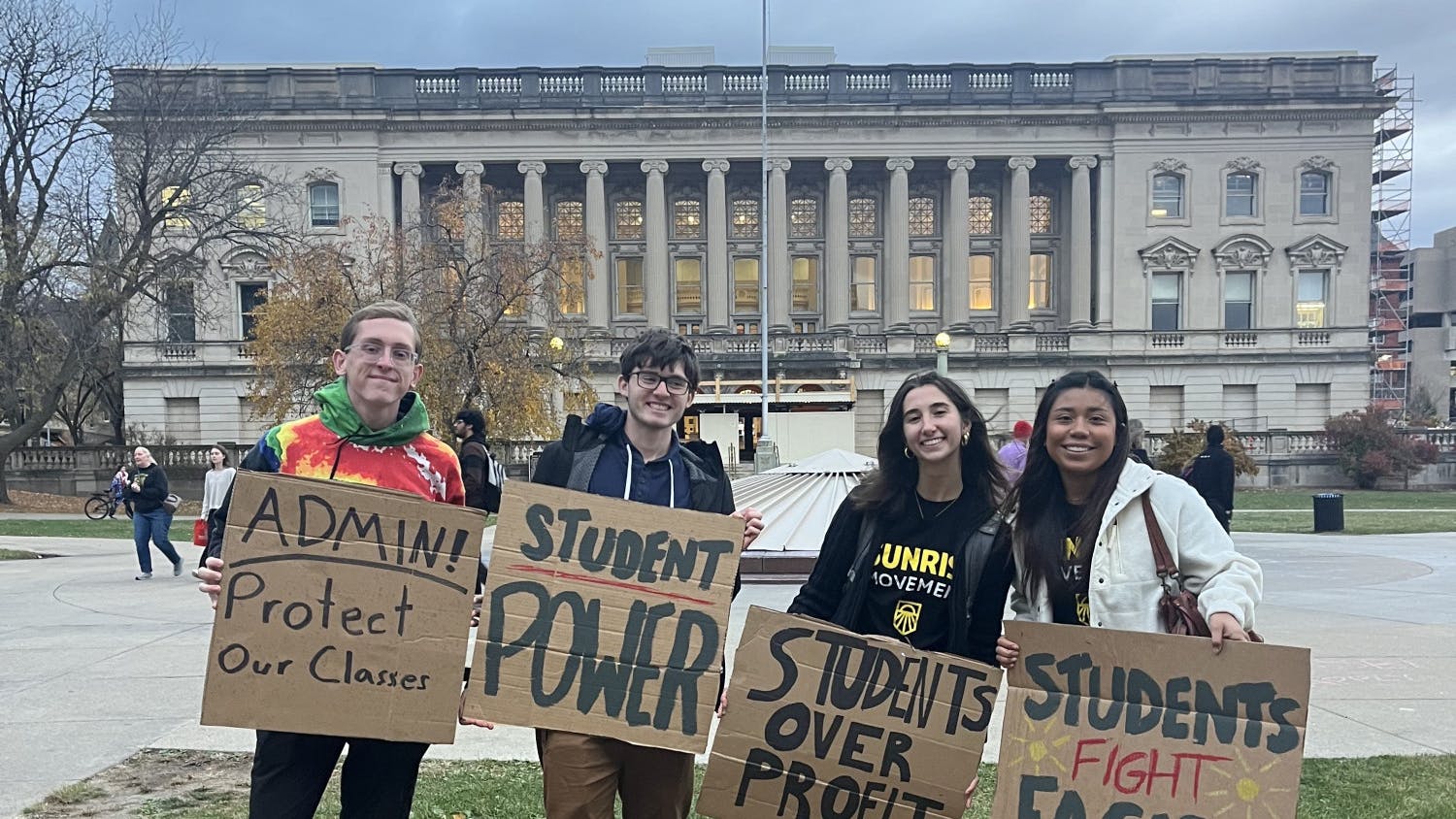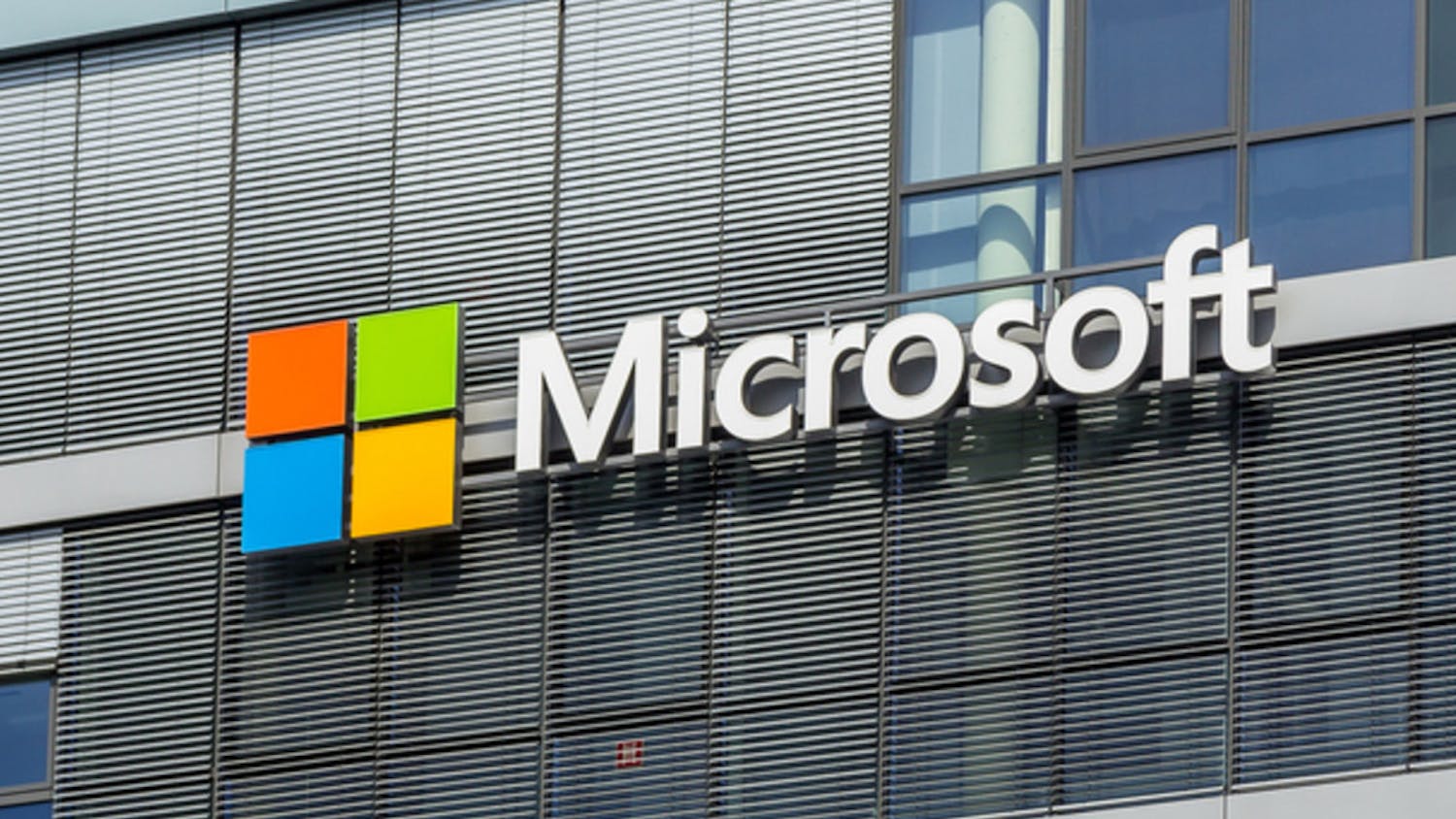U.S. Rep. David Obey, D-Wis., said economic policy is the most crucial issue in the presidential election and described the political causes of economic inequality during a campus visit Monday.
During the annual Kastenmeier Lecture at the UW-Madison Law School, Obey said politics have a great effect on the state of the economy.
Obey used the giant wealth gap at the dawn of the Great Depression as an example of the importance of a strong middle class in a thriving economy. He related Democratic presidential candidate Barack Obama's fiscal policy to former President Franklin D. Roosevelt's progressive tax code that helped elevate the middle class.
Although globalization is the cause of some of the current economic decline, the decisions of our government have also played a role, according to Obey.
He said deregulation of markets does not lead to a healthy economy.
Americans need to disenthrall themselves of the myth '¦ that government is the enemy and that if government would just get the hell out of the way, that markets could deliver prosperously to all,"" Obey said.
According to Obey, the government has a responsibility to promote economic justice and close the existing wealth gap.
""Fairness and decency do matter. If we don't all share adequately in the American dream, we will have a lousy, fragmented, crime-ridden and poverty-plagued society,"" Obey said.
Obey said President Bush is fiscally reckless, and criticized Republican presidential candidate John McCain for supporting many of the Bush administration's proposals. He said these policies have caused higher-education costs to rise by resisting grant increases.
The Kastenmeier Lecture is an annual event in honor of former Congressman Robert Kastenmeier and often features speakers on administration of justice and civil liberties.
""The timing of this lecture is, I think, very, very good,"" Kastenmeier said. ""It is really a season of political decision and also a season of economic turmoil, not only in this country, but globally.""
Obey, a UW-Madison Law School alumn, was voted into Congress in 1969 and has since served on all of its major economic committees.






